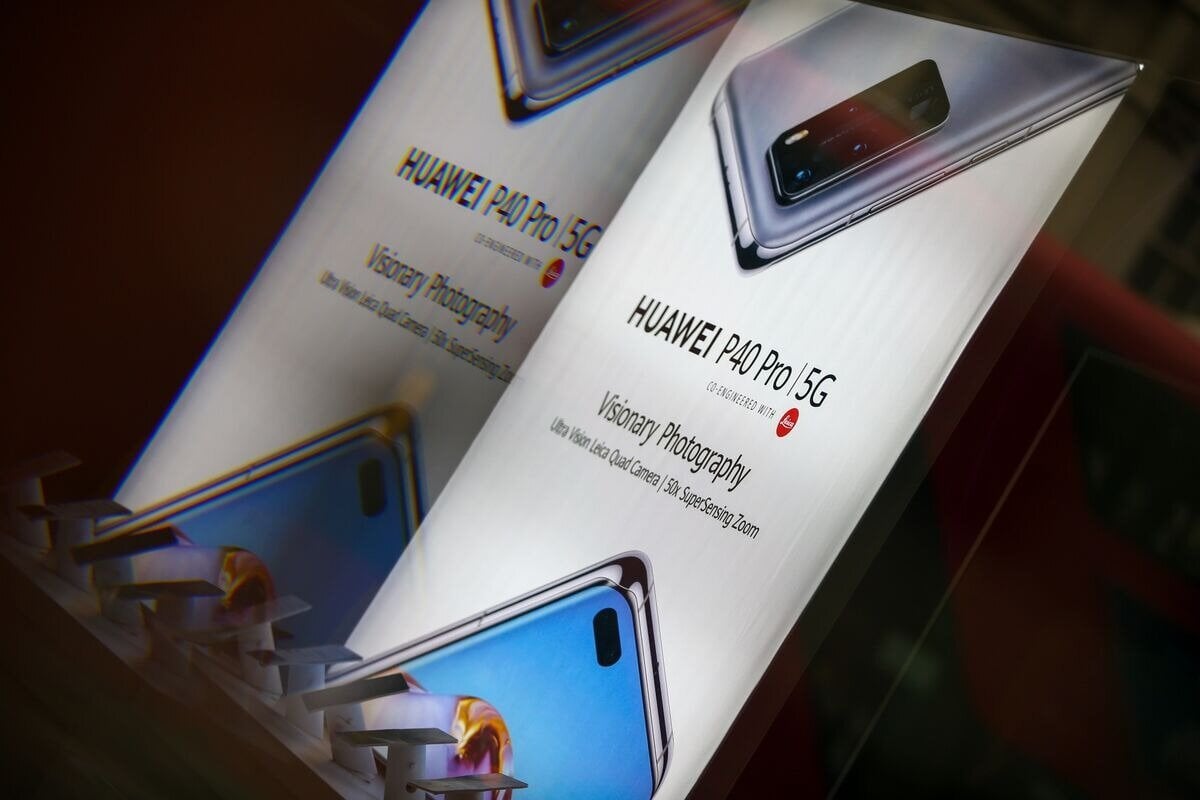
Huawei Technologies is close to reaching 1 billion active consumer devices, a development that demonstrates the company’s ongoing dynamic efforts to challenge Apple’s dominance of the Chinese market.
currently There are about 900 million Huawei devices, running the Harmony software developed internally by the Chinese company. This number represents a significant increase compared to what it was just a few months ago, according to estimates by market observers. Sales of Huawei’s premium mobile phones recorded a 72% increase in the first five months of 2024, according to data presented a few days ago.
The numbers show the impressive improvement in Huawei phone sales since the company launched the Mate 60 Pro phone, which is based on a 7-nm processor, which officials in Washington believe that Chinese companies are unable to develop. In the intervening period, sales have soared, helping Huawei more than quintuple its profits in the first quarter and take market share from both Apple and Chinese rivals.
In recent years, Huawei has taken HarmonyOS beyond mobile phones to other products, from watches to TVs. The Chinese company shipped about 11 million accessories in the first quarter, surpassing Samsung, according to IDC. This development helped HarmonyOS surpass Apple’s iOS in terms of Chinese market share for the period between January and March, according to data from Counterpoint Research. Counterpoint added that the main factor in improving performance remains the growing popularity of Huawei phones.
Meanwhile, Huawei is taking an increasingly aggressive stance in its efforts to leverage HarmonyOS as the number of users of the software grows. It is considering taking a share of purchases made through the program, a move that shows the company’s growing confidence in its ability to compete with the iPhone — although there is expected to be at least one notable exception to this approach, in the case of WeChat, which controls… It is owned by Tencent Holdings.
Meanwhile, Huawei is making progress on the AI front with its Ascend GPU, part of its expanding semiconductor portfolio, with Nvidia CEO Jensen Huang calling Huawei a strong competitor.
Many Chinese companies, including Huawei, are trying to develop domestic alternatives to more powerful accelerators made by companies such as Nvidia, whose sale in China has been banned by Washington. These efforts are seen as key to Beijing’s broader ambitions to close the gap with the United States in artificial intelligence and semiconductor manufacturing.
Huawei CEO Richard Wu said on Friday that Ascend processors developed by the company he leads are 1.1 times more effective at training AI models than other available solutions, though he declined to name specific companies. So far, Huawei has set up three data centers in China powered by Ascend processors, to help local companies develop and host AI services.
-
6

“Total alcohol fanatic. Coffee junkie. Amateur twitter evangelist. Wannabe zombie enthusiast.”






More Stories
Is this what the PS5 Pro will look like? (Image)
Finally, Windows 11 24H2 update significantly boosts AMD Ryzen – Windows 11 performance
Heart Surgeon Reveals The 4 Things He ‘Totally Avoids’ In His Life